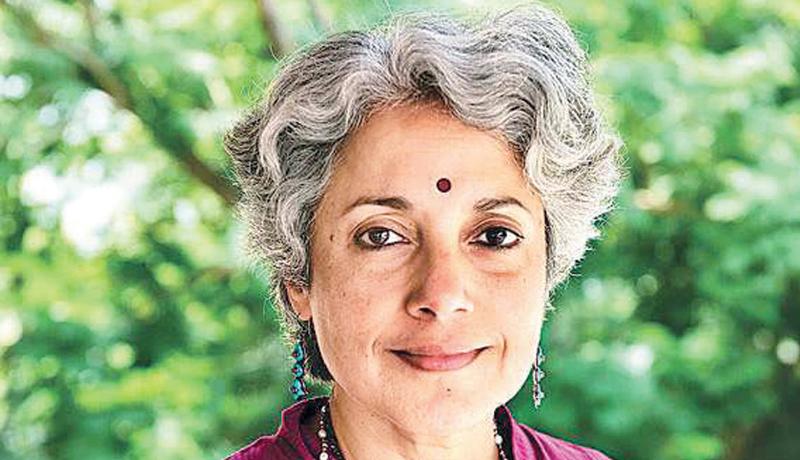
Around eight Covid-19 vaccines are in their final stage of clinical trials said World Health Organisation (WHO) Chief Scientist Dr. Saumya Swaminathan during an interview with Vismita Gupta-Smith of WHO Communications, on developing a Covid-19 vaccine.
Excerpts:
Q: When can we expect a safe and effective vaccine for Covid-19?
A.What’s good to know is that so many vaccine candidates are being developed around the world - about 200 vaccines and 31 of them have reached the clinical phase of testing. As you know we go through phase 1, 2 and 3 in clinical trials and there are at least eight candidates now which are in late stages of clinical testing.
What this means is that we will see results from some of these clinical trials by the end of 2020 or early 2021. And we’ll get an idea about how they are performing, in terms of their safety and efficacy – the protective power.After the clinical trial results are made available, regulators across countries will have to look at the data and make decisions on approving them.
Then, vaccines need to be produced and shipped across the world.So by the time people get the vaccine it would be somewhere in the middle of 2021.
Hopefully there will be more than one or two vaccines that turn out to be good.
 Q: Could you describe what the ideal vaccine for Covid-19 would be like before we get into vaccines?
Q: Could you describe what the ideal vaccine for Covid-19 would be like before we get into vaccines?
A. We would like to see one that is effective, protecting at least 70 percent of people that receive the vaccine and the minimum standard. The minimum standard that we have set is 50 percent. Fifty percent should be protected. It should be safe in the short and long term.
It should be safe for different age groups from children to pregnant women to the elderly. Ideally it should be given in a single dose. It should provide immunity for several years. It should be easy to store and distribute, which means that it should not require ultra cold storage facilities, which are not available in many places.
Q: As the world rushes to develop a vaccine for Covid-19, there are concerns about its safety and efficacy. How will WHO and countries ensure that this vaccine is safe?
A. That’s a really important question, because people should be reassured that the standards that have been set globally for licensing vaccines and drugs are going to be followed in this case, as well and that there will be no short cuts. So while we talk about speed and scale and what we can do to support that, we must remember the benchmarks that have been set. So we talked about the minimum efficacy of a vaccine, the safety profile of a vaccine, and the other characteristics of the vaccine that regulators would look at.
Those must be fulfilled and the developers must be able to show the data, both to the regulatory agencies and countries, as well as to WHO.
As you know we have a process called prequalification where we give a vaccine or a drug a stamp of quality approval, all of these factors are taken into consideration. We also have the Scientific Advisory Group of Experts on Immunisation - the SAGE that makes the policy guidance on vaccines.
And they will be looking at the data carefully before they make recommendations on the use of vaccines, which populations, you know, what precautions are to be taken, how it is to be used, etc.
Q: Once a vaccine is approved for mass deployment, how would WHO and health authorities decide who should get this vaccine and why?
A. This is something that we have been discussing with the member states. I think every government is thinking about this now, people are thinking about it.
This is also an ethical question for people and I think there’s a sort of general agreement now that those at highest risk of infection, you know we’ve seen the frontline workers and healthcare workers really impacted by Covid-19.
Therefore, in most countries, I think the consensus is that they need to be protected, those who are at the frontlines, who have to do their jobs to keep everyone safe and healthy.
Since we are going to have limited doses of vaccines initially, everyone cannot get it on day one. It will take months and years to be able to ramp up to the billions of doses needed to protect, 60 percent- 70 percent of the population.
Next in line would be those who are highly vulnerable, the elderly, people who have pre-existing diseases, underlying conditions, which put them at higher risk of mortality and of getting seriously ill with Covid-19. Those would be the people to prioritise and then gradually one could expand into the other parts of the population.
